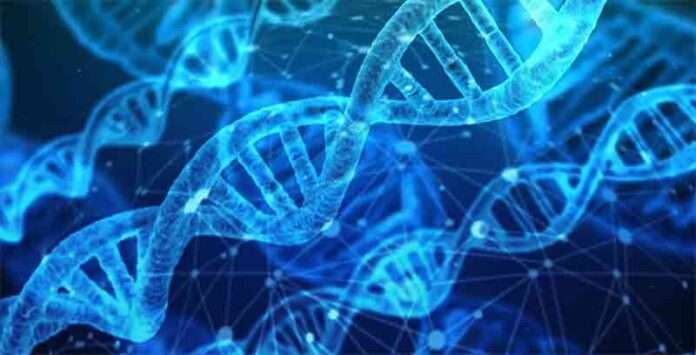A new study shows why some people display no symptoms of COVID-19 despite being infected by the SARS-CoV-2 virus. Researchers at the University of California say people who do not develop COVID-19 symptoms (asymptomatic) may have a genetic variation that helps their immune system to destroy the virus.
The study found that asymptomatic people are more than twice as likely as people who become symptomatic to carry the specific gene variation that protects them from SARS-CoV-2 virus.helps them obliterate the virus, according to a new study led by UC San Francisco researchers. The study provides the first evidence that there is a genetic basis for asymptomatic SARS-CoV-2.
The genetic variation was found to occur in the human leukocyte antigen (HLA), or protein markers that signal the immune system. A mutation in one of the genes coding for HLA, which was labeled HLA-B*15:01, appears to help the body’s virus-killing T cells to identify SARS-CoV-2 early and launch a swift response, even if they have never encountered it before, thanks to its resemblance to the seasonal cold viruses they already know.
The genetic mutation was found to be relatively common, with 10 percent of the study participants carrying the mutated gene. The mutation does not prevent the virus from infecting cells but, rather, prevents people from developing any of the COVID-19 symptoms, such as a runny nose or a sore throat.
For the study, the researchers recruited nearly 30,000 people who were also registered in a national HLA registry as donors for bone marrow transplants. The volunteers were tracked through the first year of the pandemic when vaccines for the disease were not yet available, and many people were undergoing routine COVID testing to find if they were infected.
Researchers identified 1,428 unvaccinated donors who tested positive between February 2020 and the end of April 2021, before the vaccines were widely available and when it still took many days to get back test results. Of these, 136 individuals remained asymptomatic for at least two weeks before and after testing positive.
The researchers also found that 20 percent of people in the study who remained asymptomatic after infection carried at least one copy of the HLA-B*15:01 variant. Risk factors for severe COVID-19, like being older, overweight and having chronic diseases like diabetes also did not appear to play a role in who remained asymptomatic.
To figure out how HLA-B*15:01 managed to destroy the virus, the researchers collaborated with scientists at the La Trobe University in Australia. They homed in on the concept of T-cell memory, which is how the immune system remembers previous infections.
The researchers looked at T cells from people who carried HLA variant but had never been exposed to the SARS-CoV-2 virus, and found these cells still responded to a part of the novel coronavirus called the NQK-Q8 peptide. They concluded that exposure to some similar seasonal coronaviruses in the past, enabled T cells in these individuals to quickly recognize SARS-CoV-2 and mount a faster, more effective immune response.
The researchers said that their findings could potentially lead to identifying new ways of promoting immune protection against SARS-CoV-2, which could be used in future development of vaccines or drugs.

















